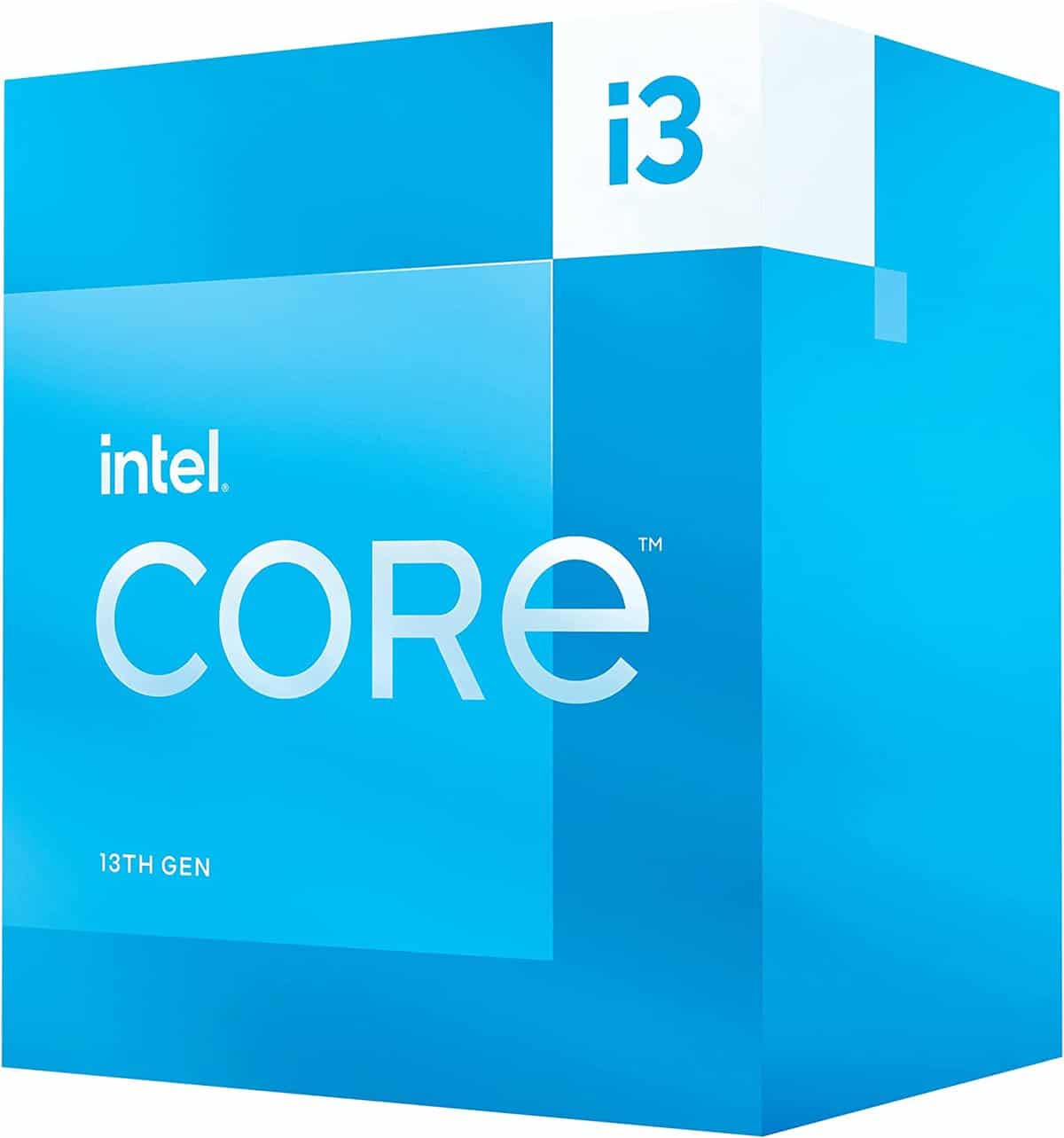Is Intel Core i3 good for programming?
Intel Core i3 power - good enough for programming?

WePC is reader-supported. When you buy through links on our site, we may earn an affiliate commission. Prices subject to change. Learn more
The core i3 is Intel’s offering for consumers interested in an entry-level processor. Processors that fall under the i3 series typically have fewer cores, fewer threads, and lower clock speeds than the i5 and i7 CPUs.
But, i3 processors are also relatively inexpensive, meaning they ultimately provide you great value. If you’re a programmer looking for a new CPU for your system, you’ve likely come across the core i3 CPUs as a budget option.
The CPU has a great price, but will it be sufficient for programming – something that’s thought to be a CPU-intensive activity? Let’s find out.
Intel core i3 specs and performance
First, let’s talk about what kind of specs are typically offered by the core i3 series so that we have a better idea of what we’re working with.
Modern-day i3 processors are quad-core CPUs with hyperthreading enabled. In other words, they have four cores and eight threads.
The latest edition to the series, Raptor Lake’s core i3-13100, is the best i3 as of now, but only by a slight margin. It features the following specs.

Intel Core i3-13100

Brand
Intel
CPU Model
Core i3
Cores (Threads)
4 (8)
CPU Speed
4.5 GHz
CPU Socket
LGA 1151
- Cores: 4
- Threads: 8
- Base clock: 3.4GHz
- Boost clock: 4.5Ghz
- TDP: 60 watts
In addition to having 8 threads, the new i3 13th gen processor also has a respectable 4.5GHz boost clock.
It has fair single-thread and multi-thread performance, both of which can be important for programming depending on the language used.
The CPU requirements of programming
Contrary to popular belief, programming itself is not all that demanding on your CPU. Writing code in an IDE is not much more CPU-intensive than writing down text on a word editor.
Executing written code is where your CPU will have to put in some work. But most CPUs will be fine here as well.
Code that doesn’t have any glaring errors and isn’t excessively inefficient won’t take up too much of your CPU’s resources when executed.
A mid to low-end CPU will be fine for most programmers – laptops owned by college students pursuing programming and software engineering often have bare-bones processors such as the i3, and they get along just fine.
Intel core i3 for programming – is it good?
With the above in mind, CPUs from the Intel core i3 series are good options for general programming. They aren’t the best, though, as they will take longer to process lengthy blocks of code.
Certain tasks that you’ll often have to do as a programmer will take longer to complete with an i3 processor – compressing, compiling, and sorting being a few examples.
Quad-core i3 processors also have a limited capacity for multitasking, so you won’t be able to have multiple applications running simultaneously.
You want to take this into account if your programming-related activities involve you doing a lot of multitasking.
Final thoughts
Overall, the Intel core i3 is a perfectly fine processor to opt for as a programmer, especially if you don’t mind slightly longer loading times and value the savings it offers you over the more expensive i5 and i9 processors.
If you’d like to be more productive and have the extra ~$100, going for a 13th gen i5 processor will serve you better in the long run.





